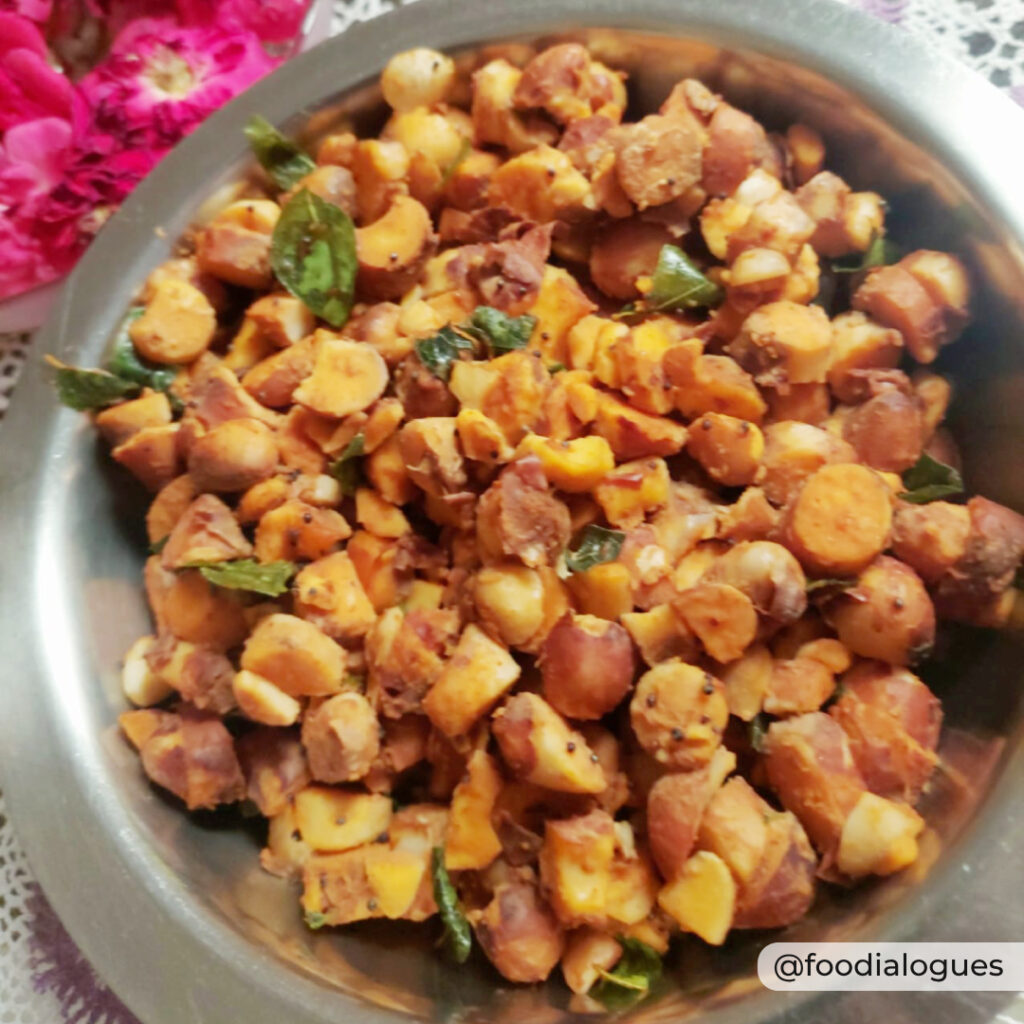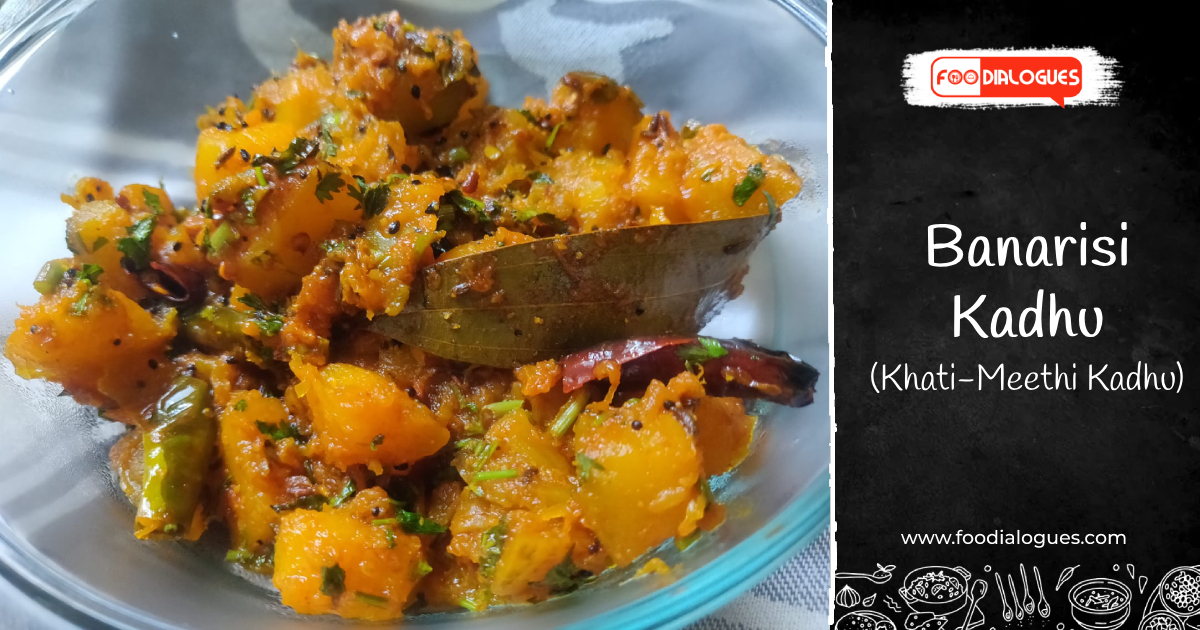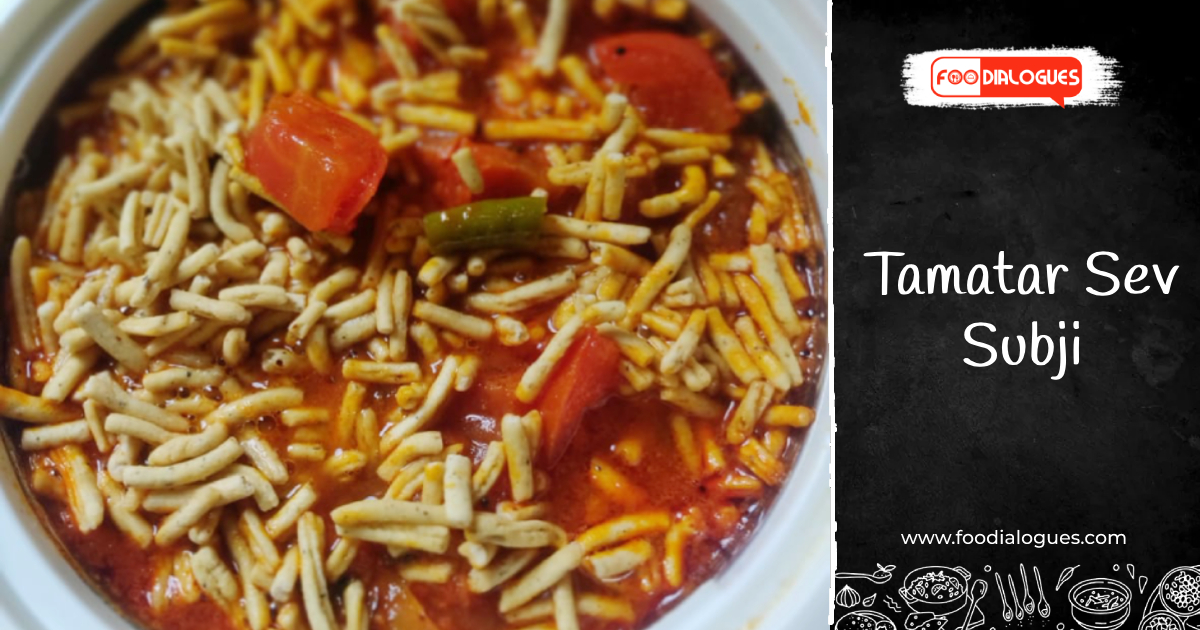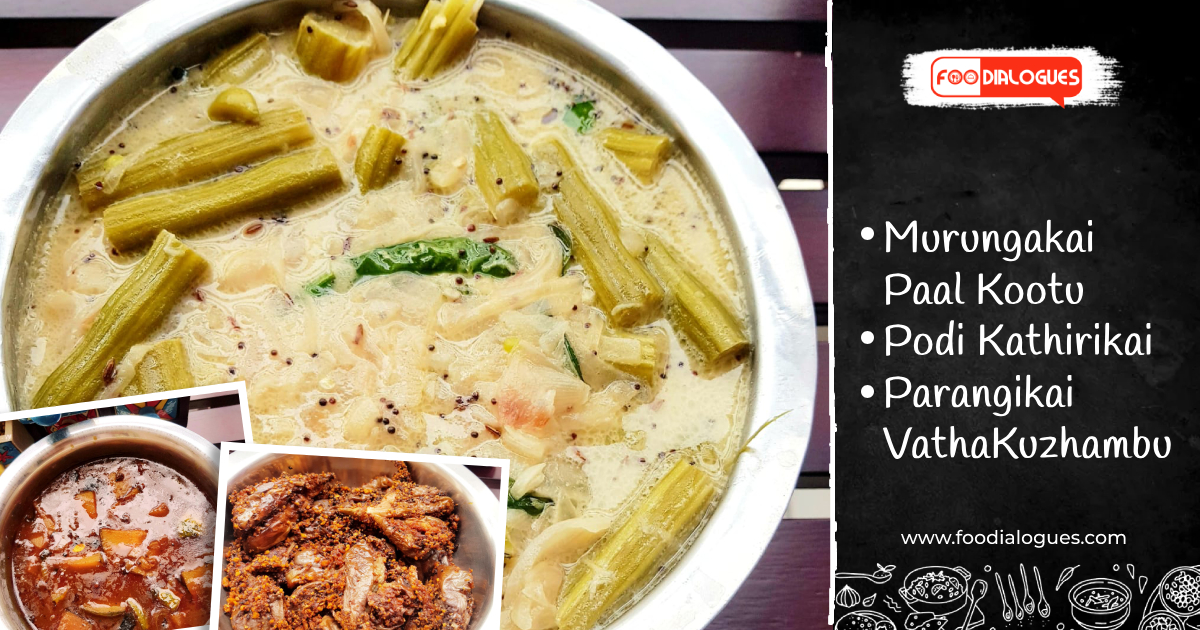World Environment Day 2023…. Unplastic India, Plantation Drives, Beach cleaning, Solar power, Lead with LED……several campaigns running to save our mother earth for our future generations. Refuse, Reduce, Recycle, & Reuse is the propaganda and it made me wonder ….is this anything new??? This is what I have heard since my childhood at home. When I would screw up my face at a bitter Pavakkai/karela, my father would immediately say take a small quantity of the first helping and eat it up. If you like it, ask for the second. Mother and grandmother would dish out delicious, repurposed food dishes.
Potato curry and dal would be transformed into a delicious paratha. The leftovers after Bhogi and Pongal would be made into a tangy well preserved ‘ericha kuzhambu’. Sambhar and rasam cooked in the morning would be boiled once again during the 3.00 pm coffee-making session to preserve its freshness until the 7.00 pm dinner. Left over rice would become lemon rice or curd rice depending on its texture. Idli into idli uppma, Adai Maavu into Paruppu Usili, Peels into spicy Thogayal, mango, and jackfruit seed into the sambhar, thick peels of Nendran made into a delectable thoran with a dash of coconut. Barfi’s into gujiya….. All nostalgic memories…. treasured and replicated many a times in all our homes.
The carbon footprint of a food product is the total amount of GHG (greenhouse gas) emitted throughout its lifecycle, expressed in kilograms of CO2 -equivalents. Products hold different carbon intensities, and it varies from country to country. The further along the chain the food loss occurs, the more carbon-intensive is the wastage. For example, a single tomato spoiled at the harvesting stage will have a lower carbon footprint than tomato sauce wasted at the retail store, and more when on our plate. Harvesting, transportation, and processing accumulates additional greenhouse gases along the supply chain. The highest carbon footprint of wastage occurs at the consumption phase (37% of total).
Foodialogues shares a delicious jackfruit seeds roast. The seeds collected after a week of jack fruit consumption have been transformed into this delicacy. Let us follow the 4 R principle in our kitchen and dining spaces. Think before spooning dishes on to your plate and definitely ensure to polish your plate clean before you wash it. This effort, though small, will have a huge impact on food loss, food waste and climate change.
JACKFRUIT SEEDS ROAST RECIPE:
Ingredients for Jackfruit Seeds Roast:
- Jackfruit Seeds 2c
- Salt As Required
- Oil 2 Tbsp
- Chilly Powder 1tsp
- Turmeric Powder 1 TSP
- Mustard Seeds 1tsp
- Curry leaves few
Preparation Method for Jackfruit Seeds Roast:
- Wash and dry the jackfruit seeds in the sun for a day.
- Take a heavy pestle or a stone and lightly pound the seeds. The outer thick white coat will loosen, and you can easily remove it.
- Slice the seeds into thick pieces as shown in the picture.
- Pressure cook till soft- Cook immersed in water along with turmeric for 3 whistles. Drain and set aside.
- Take a heavy-bottomed pan. Add oil and splutter mustard. Add the seeds, curry leaves and lower the flame. Add salt and chilli powder. Mix well, cover, and cook for about 5 minutes. Now remove the lid and keep stirring the seeds in an open pan at high flame for 5 minutes.
- Remove and serve along with rice, sambhar, rasam, and curd.
Delicious “Jackfruit Seeds Roast” is ready 🙂





